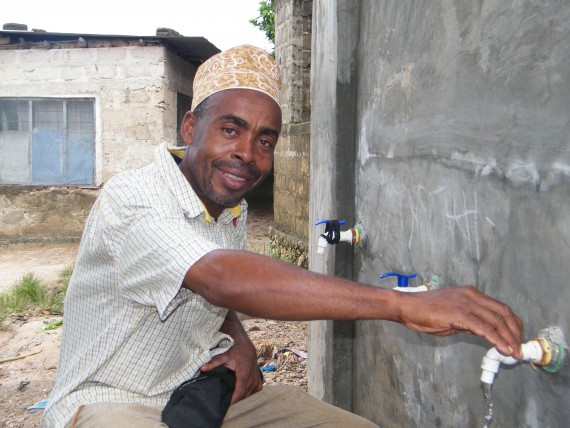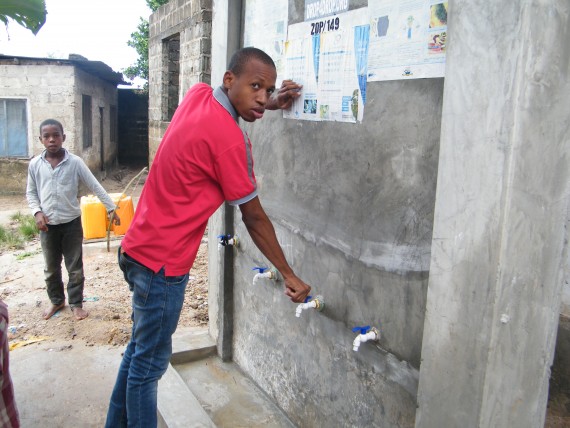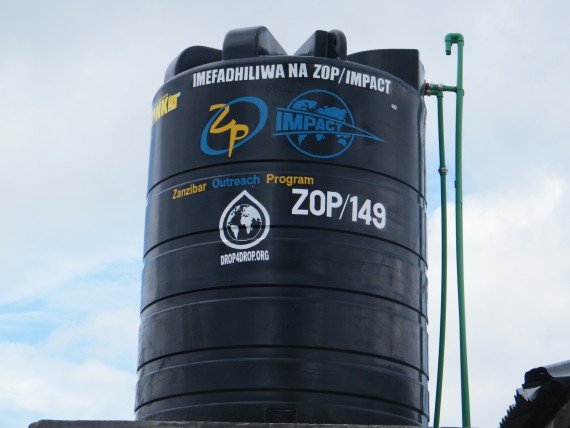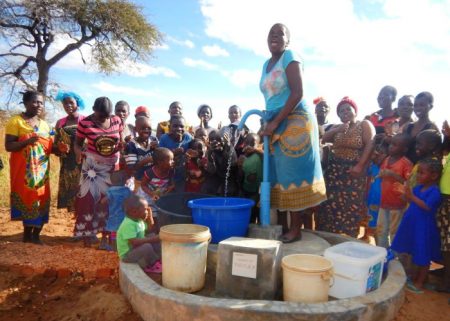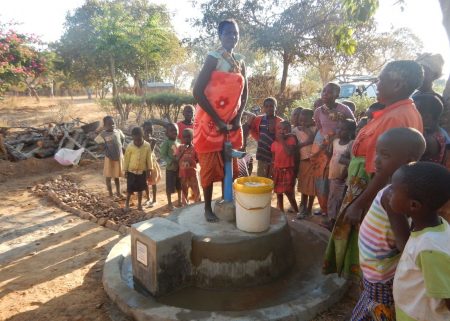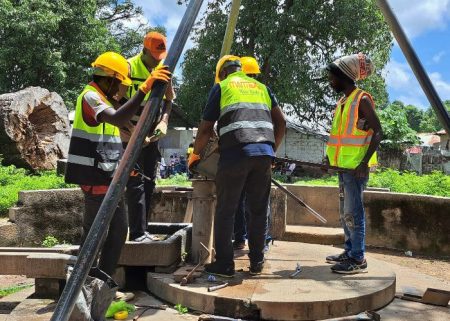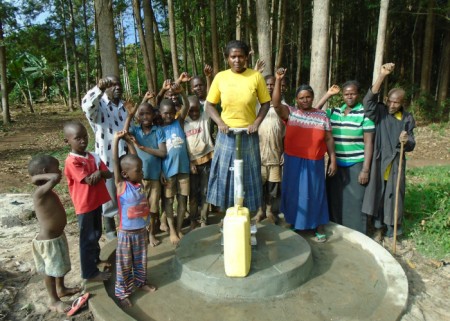Kinuni, Unguja Island, Zanzibar
Kindly donated during the DROP4DROP x ED SHEERAN Campaign
Water scarcity is a major public health concern in Zanzibar due to poor water infrastructure, environmental degradation, climate change and a growing population. Typically, women and children spend over two hours a day collecting water. This increases to up to seven hours in remote areas. Cholera remains a public health concern, and illness caused by diarrhoea is one of the most common causes of morbidity. Whilst wells do exist in many villages and urban areas of Unguja, many have no storage tanks attached and the pumps which are used to draw water to the surface burn out if used continuously, so water is typically restricted to just a few hours per day, or laboriously drawn up by hand. An intermittent supply of water means that women and children have to plan their day around fetching water, often having to make multiple trips to coincide with the times when the wells are in operation, or having to supplement from unsafe sources. This takes children out of school and impinges on adults’ working life – it is estimated that 40 billion working hours are spent carrying water each year in Africa.
The tank constructed in Kinuni is erected on high concrete minarets to create sufficient water pressure, as the land on Unguja is flat. Distribution taps would be conveniently placed in communal areas, reducing queueing time and the distances people travel to collect water.
This project was undertaken as part of our campaign of projects that actively reduce carbon emissions. This project helped the community save their much needed wood which was previously being burnt daily to boil water. This project has also eliminated the many thousands of hours previously spent on walking to collect water.
- Population: 1633
- GPS: -6.16927, 39.2493
- Year: 2019
- Sponsor: #LearnGuitarWithEd

